
By Ernest Bako WUBONTO
Industrialisation continues to receive an insignificant allocation from the Annual Budget Funding Amount (ABFA) – the amount of oil revenue that supports the government’s budget, despite being classified as a priority area for oil revenue investment over the past six years,
This comes as a surprise, given that industrialisation has been a major policy focus of the current government since 2017, with flagship initiatives such as One District, One Factory (1D1F) and One Village, One Dam (1V1D) serving as core pillars.
However, one of the primary revenue streams identified to fund such projects—the ABFA—has delivered below expectations, raising concerns about the government’s commitment to prioritising the sector.
For instance, the Public Interest and Accountability Committee (PIAC), in its 2023 Semi-Annual Report, revealed that between 2020 and 2022, out of a total GH?9.04billion allocated from the ABFA to the four priority areas, only GH?57.35million was disbursed toward the industrialisation drive.
The other three priority areas, such as agriculture, received about GH?184.21m; physical infrastructure and service delivery in education and health – GH?2.3bn; and roads, railway and other critical infrastructure development, GH?5.37bn.
Similarly, in 2023, only GH?2.35million was allocated to industrialisation as a priority area out of total GH?3.3bn. To make things worse, there was no budgetary allocation to industrialisation in 2024 first half.
“As there was no budgetary provision, there was no ABFA disbursement to the industrialisation Priority Area for the period under review. The ABFA disbursement to this priority area has been on the decline since the selection of the priority area in 2020,” he said.
The PIAC is of the view that the Ministry of Finance (MoF) must demonstrate the essence of prioritisation of industrialisation by consistently committing disbursement of the ABFA to that sector, to create jobs for the youth.
One of the four priority areas – roads, rail and other critical infrastructure – continues to receive a chank of the allocation. For instance, in the first half of 2024, this area received GH¢2.12billion, which constitutes 70.04 percent of the ABFA for the 2024 period
The Petroleum Revenue Management Act (PRMA) stipulates that the selection of priority areas for oil sector generated revenue investment must be reviewed every three years. However, in the event of a national disaster, the Minister of Finance may make a special request to Parliament for a release of revenue.
The current priority areas span 2022-2025. With new priority areas for the next term expected to be announced next year, 2025, PIAC reiterated that it’s important for the selection process to be thoroughly analysed before deciding in order to avert neglecting some areas completely like have been seen with industrialisation.
The review shall be conducted by the minister taking into account development needs, absorptive capacity of the economy, and the need to maintain macroeconomic stability.
If that is anything to stand by as stated in the Act, then industrialisation going forward, must receive more resources to expand the sector for industry growth and job creation, and not mere talks.
The post Industrialisation starved of funds despite ABFA priority status – PIAC appeared first on The Business & Financial Times.
Read Full Story
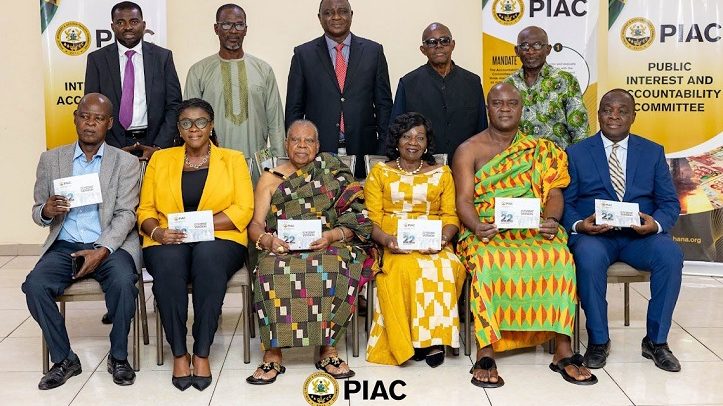

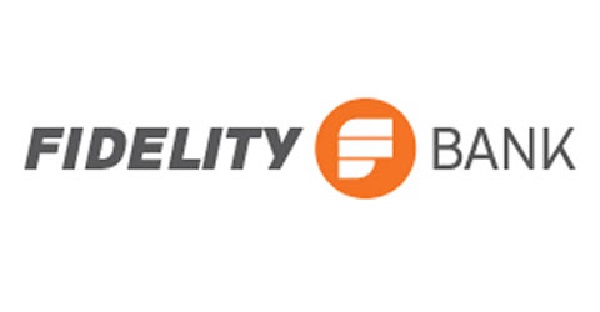
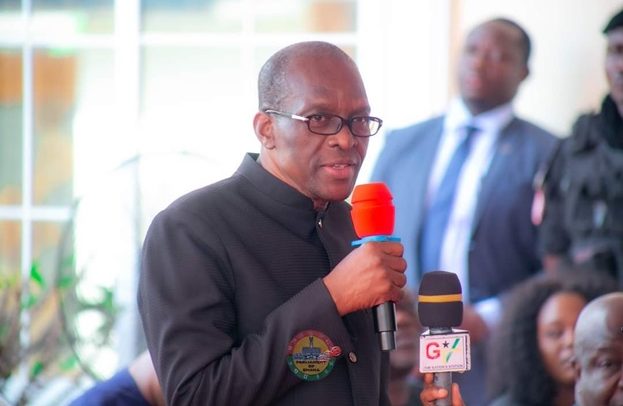
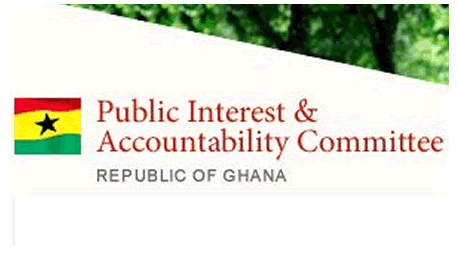
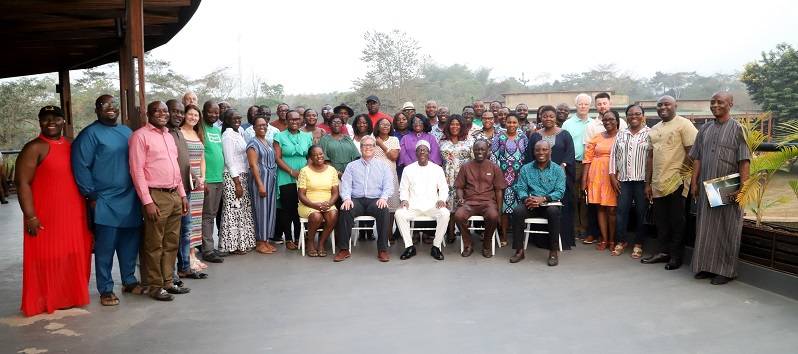






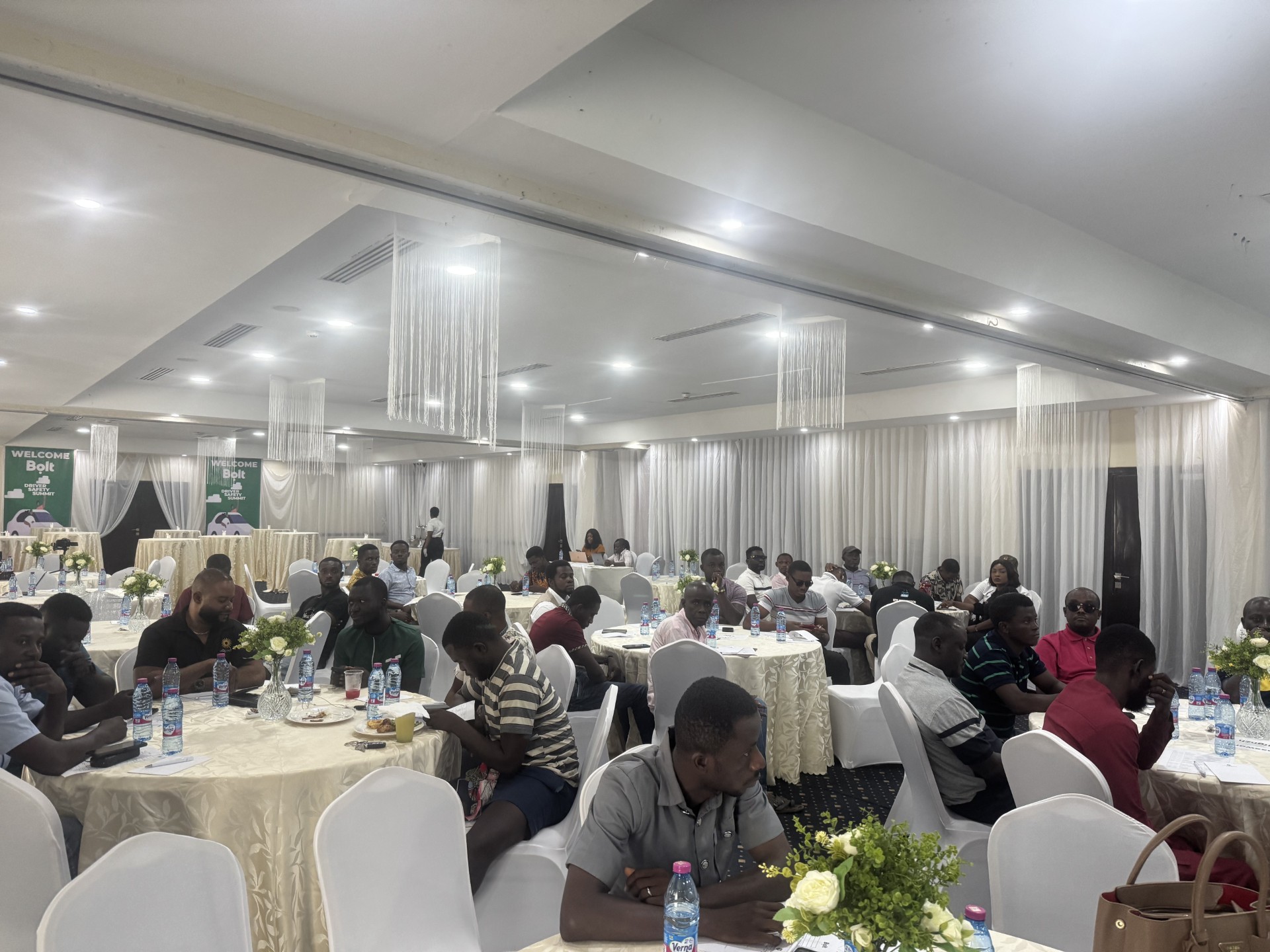

Facebook
Twitter
Pinterest
Instagram
Google+
YouTube
LinkedIn
RSS